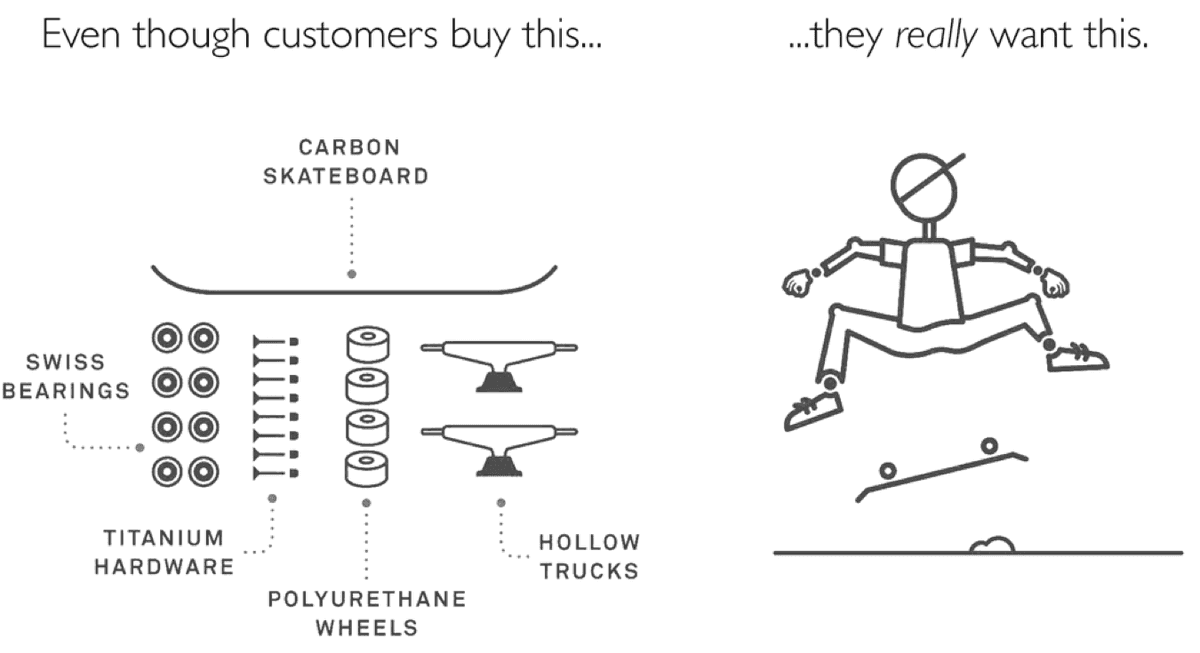#8 Why do we exist? Finding purpose.

Note: This is the eighth post of the book after the introduction. If you’re new to the book, start with the introduction. Or visit the full table of contents.
Purpose is a unique thing, hard to find, difficult to pin down. Often purpose is driven by very personal motivations and experiences. There are some great unifiers of course — like doing good or helping others. It’s how you drill down to the… ‘how’ that stumps people. Being agnostic, religion has always interested me, arguably the biggest purpose driven movements ever, with people sometimes structuring their whole way of life with nothing but belief, doctrine and a values based design system to follow. It shows purpose is powerful, people are drawn to and driven by it even if there’s no definitive actionable path or outcome. The personal nature of purpose makes it interesting when you set-out to build a business around it. It’s why at Po3, we didn’t.
Living in London and being in the tech and design community, you can’t move for; incubators, accelerators, investors — people who want to give you money to make more money. Usually by following an exponential growth curve, increasing EBITDA (profitability) and heading towards an exit. Makes sense, business is required to make money to continue to function. What never made sense to me, was the idea that you would put so much passion into a thing only to sell it off and invariably start again. Because entrepreneurs tend to do that after an exit — start something new. I can only guess at others’ motivations, they’re many — maybe they love the thrill of building something, have another passion to pursue, want to generate more fame and fortune or get bored or sitting on the deck of a sun-seeker. Or maybe they find purpose and chase that instead.
Think long term
Po3 is something I always want to do. I want to keep on doing it until I’m an irascible old geriatric, coming to the table with only problems, no-longer interested in moving toward any kind of solution. Even then I can be useful for user research, if I make it to an octogenarian, I’ll have a tonne of knowledge amongst the blank spots, pent up grumblings, rants and ravings. Maybe I’m naive and everyone tires of the work grind — but that’s kind of the point, it shouldn’t become a grind. The point, the purpose of Po3 for me is that I always want to solve problems. I want to solve systemic problems and create a fairer, more sustainable society. I don’t think that will ever go away. I hope not. Even if the company pivots away from business and service design, I hope that the community of like minded people (fampany) we’ll have met and built around us, will keep us on projects that are aligned with our purpose.
If you only chase the money, that’s not a purpose. And most drivers in business are about the money. The pay packet, the payoff, the exit, the golden handshake. We talked a lot about wealth, happiness and success in no. #2 Facts fight fiction so we’re not gonna cover old ground, only to say that success and profit are a by-product of a genuine purpose driven business, not the driving force. Take for instance the guys at 37Signals (Basecamp) and Jason Fried, the author of Rework. Rework if you don’t already know it is an excellent book, a collection of essays on starting a business and how the hype around entrepreneurialism — is bullshit. Basecamp in the late 2000s became the de facto business collaboration tool (project management and comms), before Slack, before Trello, before Notion. Just, before.
Jason sets out that you don’t need to aspire to be the next Elon, Bezos or Gates. And you don’t need to grow exponentially to fulfill untapped market potential. You just need to successfully and elegantly solve a problem, and protect yourself with profit. This is one of the highlights on the blog about the Rework book: Why We Choose Profit. The irony of a blog post about why we choose profit, on a post about not only chasing profit, is not lost on me. But read it, and you’ll get it. Here’s Jason waxing lyrical on profit — but also on treating your business like a product. Something we fully get behind (and talk about in no. #5 Method in the madness).
Building business on purpose
So how do you get from finding your purpose to delivering it and making it profitable in the meantime? Well, there are some things you need to work out. Purpose for one. It’s your business’s fundamental reason for being. Feels deep when phrased like that, but don’t be intimidated. What problem are you trying to solve?
Jason Fried says they started Basecamp by solving their own problem, because when they did that, they became their own best product testers. If you’re solving someone else’s problem, you’re searching in the dark. Solve your own and you’ve got a torch. I feel similarly about Po3 — we founded the business not only because we wanted to do better, but because we saw the huge ‘disruption’, ‘transformation’, ‘evolve or die’ agenda and thought that far from solving the problem, large management consultancies were compounding it. They were often the epitome of; hierarchical, revenue only driven businesses and sad to say — not the meritocracies they claimed. You have to practice what you preach, you have to model the kinds of businesses you’re designing. So we are.
Side note — venture design
Many large corporate consultancies are trying to build venture design capability. Spinning up the next bank, the next insurance business, the next cashcow. The challenge with this is, these things are delivered by; collaborative, multidisciplinary, lean user-centred teams. Things not often found in large corporates, not often found operating successfully at least because, well because of a million things that fit under the broad vaguity of ‘culture’. But that’s another chapter in its own right, so here’s something I made earlier on embedding start-up culture. If you’ve poked around the wealth of the web dedicated to lean startup then you’ve probably come across the ‘Jobs To Be Done’ framework. It sets out that you can’t simply ask someone what they want, get an answer and build a product. Because people generally don’t know what they want. Or are too close to the problem to look at what they’re actually trying to achieve. You need to look at causation of behaviours to design something that achieves the right outcome, i.e. completes the job that needs doing. Here’s a better definition of Jobs To Be Done by Coleman McCormick.
“Clayton Christensen formulated the principles Jobs to Be Done theory a few years back, describing the world of consumers and creators in terms of the former seeking to “hire” or “fire” the solutions to problems in their lives. Jobs Theory turned the notion of customers seeking features and benefits on its head, and made product creators think in terms of “when” and “why” rather than “what” or “how”. Instead of taking customer-described needs as given, JTBD counsels a field research approach — observe a customer in-situ, pick apart specific behaviors, look for causation of behaviors rather than correlation between customers.”
— Coleman McCormick
Here’s a picture. They always help.

The designers at intercom use this illustration to show what is, and isn’t, important to customers.
When leading or taking part in new venture design process, I’ve often encountered people who were adamant that Jobs To Be Done (JTBD) is the only way to do venture design. People have been dogmatic, aggressive even. Even if it was just a thing they’d heard of and weren’t practitioners at all. When this first happened, I didn’t know much about the theory other than that the latterly Deloitte acquired Market Gravity and others, were big fans. So I investigated. After digging about I realised that the blend of user-centred research techniques and methods we’d always used were achieving the same outcome.
Experience mapping based on multiple data sets from quantitative and qualitative approaches for instance:
- 1-to-1 depth interviews
- Ethnography
- Focus groups
- Call centre listening
- Customer shadowing
- Quantitative surveys
If you want to take a look at types of research and when to use them, then here’s a veritable wiki by gov.uk and a short and sweet look at how product teams use them by Will Myddleton.
- Testing things the team have built
- Working out what the team should build next
- Understanding potential users and their lives
JTBD is helpful, we use it, but it’s just another framework — a useful way of framing questions and problems. What it isn’t, is a silver bullet for designing new ventures. But, this is all a side note. You can’t start applying any of the above to building a business, unless you know your purpose. You need your guiding light.
Values aligned to purpose
Our reason for taking a punt on Po3 was to design business right, so it benefits wider society — so it isn’t detrimental. But that was underpinned by a bunch of common values that we held true too. Common values help groups of people coalesce around the bigger, more aspirational idea. At a previous consultancy the team I worked in prototyped an app, that conceptually allowed people to pick investment products based on their own values system. Research showed that people were much more likely to accept risk or lower gains when they were emotionally invested, as well as financially in the products they put their hard earned cash into. Much like Tickr actually, who were in the news this week, for securing 2.5M in funding for their social impact investing app.
Think about charities, giving to charity in some form or another is great, we can all get down with that — but personally I support those that want to end homelessness or help young people, or both. Other people might support animals or war veterans. None more worthy than the other, just personal emotional connections mean we lean different ways.
Some of the common values at Po3:
- Think long-term, be sustainable
- Do the best work possible but learn from fuck-ups, because they happen
- Collaborate with, listen to and learn from others. We don’t know the answers
- Empower people — give everyone a voice
- Only do stuff that makes a difference
- Solve wicked problems
These are supported by the design principles we set out in the last post no. #7 Purpose — a design system. And our manifesto. It’s handy to break these things down into separate elements to give yourself a starting point:
- Purpose. Why’re you here?! The fundamental reason for your existence
- Core values. Principles, values, deeply held beliefs you get behind
- Mission Articulate a clear compelling thing you’re striving to achieve
We workshop with teams to get these nailed down using a suite of lean methods and activities to jumpstart ideation — including the SDGs. If you want to start riffing on these asap, Google began a project (also called re:Work coincidentally… Or not?) and started hosting resources for people-centred org design. It’s not been updated in a while but has kept some useful stuff, like this Google Slides doc outlining a workshop for teams to work on a ‘Vision’ composed of the above. It goes onto ‘strategy’ and ‘OKRs’, which need way more thinking than you get in just this deck. But it’s a starter for ten.
Wherever you go with these three things, make sure it tells a good story. That’s the great thing about purpose though, it usually gives you the narrative, because you believe in it. Which makes it much easier for everyone else to believe in your story too.
“There’s nothing in the world more powerful than a good story. Nothing can stop it.”
— Tyrion Lannister
Next time it’s all about embedding purpose into business design itself. See you there.
Sign up for purpose
We're writing a book, a 'how-to' for the design and delivery of purpose driven, successful businesses.
Then we're giving it away, so anyone can use it.
